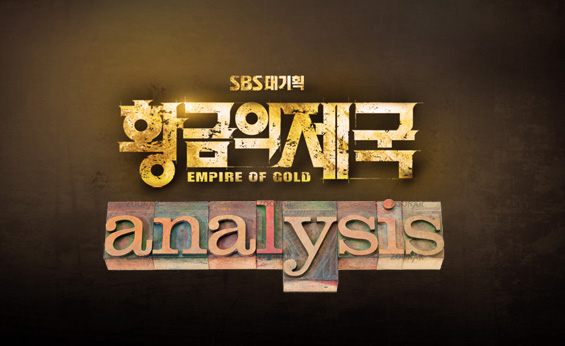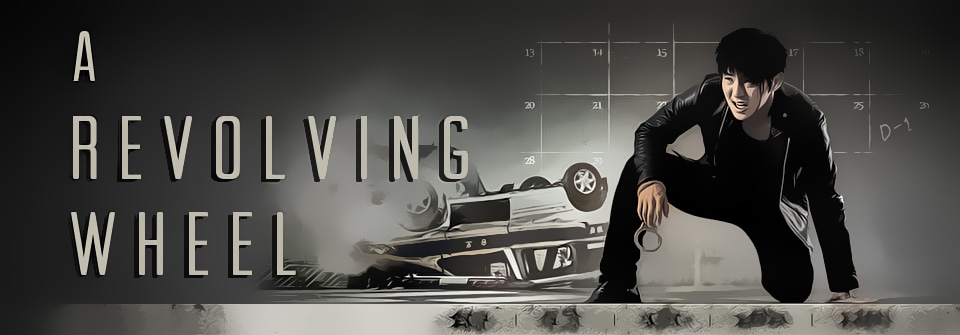
Free Analysis of Empire of Gold Episode 1
The devil is in the details. I usually fast forward when I watch dramas, and true to form, I fast forwarded parts of the first episode of Empire of Gold. However, upon recapping Empire of Gold, I came to realize how significant all the details were. A brief shot of a plate of fruit and a paring knife on a coffee table before focusing on two people sitting on a couch foreshadows Tae Joo knifing Congressman Kim. An allusion to T. S. Eliot’s The Wasteland lays the foundation for imagery; slums are compared to a wasteland, and urban renewal to spring. The answer to a quiz show on the TV playing in the background is a reference to an economic theory about the rapid growth rate of developing countries.
It’s gratifying to see evidence of a well-written and well-produced drama. For example, the writer and editor do an excellent job of cross cutting the two plotlines of the chaebol Choi family and the Jang family. By episode two, the seemingly unrelated plotlines get tied together and the foundation for our characters’ enmity is established. Though the two families seem radically different, certain intercutting scenes highlight the parallels between the characters, adding another layer of complexity to the characters’ relationships.
On a technical level, this drama is a cut more innovative than most. The radio and television are used as vehicles for exposition. We get interesting camera angles, point of view shots and close-ups of motifs. Dialogue is juxtaposed with symbolic montages, such as Min Jae’s monologue about the city’s wasteland. Music is used to highlight dramatic irony and dissonance. For example, the background music for a scene in which viewers are aware of impending tragedy but of which Tae Joo and his sister are blissfully unaware is Suzie Kang’s “Violet Scent.” One of the song’s lyrics is, “we’re always making beautiful stories where we can laugh” (언제나 우리 웃을 수 있는 아름다운 얘기들을 만들어 가요). In accordance with the lyrics, Tae Joo makes a beautiful story; he tells his sister of his plans to rent a bigger house for them, open a restaurant for his father, and send his sister to college. Unfortunately, we know that his life is about to drastically change because at that same moment his father is caught in a burning building. In the wasteland monologue scene, the strains of Strauss’ waltz clash with a montage of violent scenes, creating dissonance between mood and imagery, demonstrating how people in positions of power can be removed from and indifferent to the suffering of the poor and weak. Another scene enhanced by music would be Seol Hee’s narration of her feud with Pil Do. Jaunty piano notes punctuate her tale and highlight the absurdity of the situation. For some reason the Korean government offered incentives for people to build churches so we see a montage of gangsters picking up bibles, building churches and plucking homeless people off the streets to fill their seats. It’s kind of ironic that one of most humorous moments in the drama so far is about a gangster using violence to steal property, but there you have it.
Continue reading →



